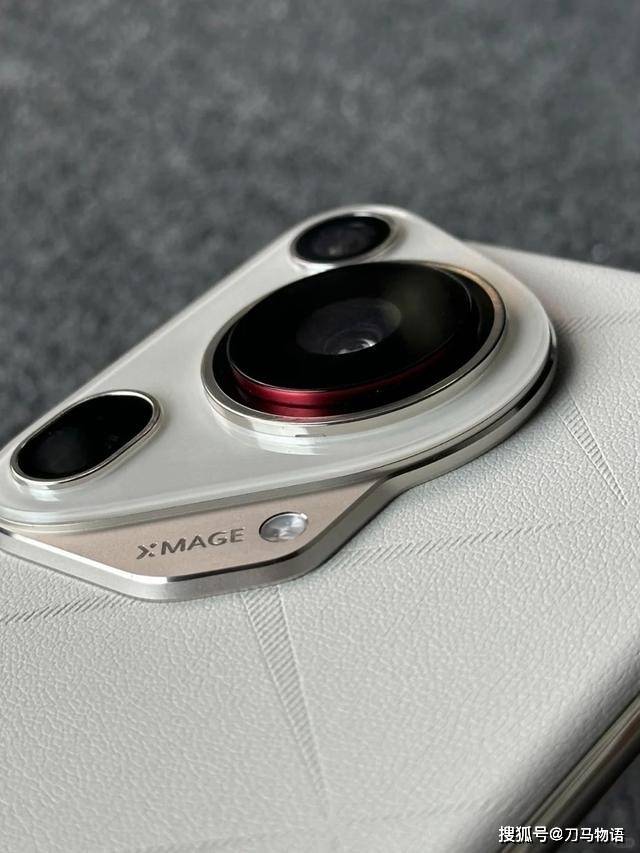
According to data from the independent research company Counterpoint Research, Apple’s iPhone sales in China dropped by 19% in the first quarter, marking the worst performance of the product in the Chinese market since the outbreak of the pandemic around 2020. The research estimates that Apple’s ranking in the fiercely competitive Chinese market has fallen to third place, nearly equal to Huawei. The entire market recorded a growth of about 1.5%, with local brands like Honor and Xiaomi leading the growth.
With the release of the Huawei Pura70 series, the current market performance continues the momentum from the earlier release of the Huawei Mate 60 Pro series, creating a situation where demand exceeds supply. Huawei’s Pilot Plan has now become an important way for consumers to buy Huawei phones. Huawei’s dual-flagship strategy is gradually proving advantageous; in the high-end market, both the Mate and Pura series cater to different user groups and have been validated by the market. The increasing number of users switching to Huawei phones is largely at the expense of Apple’s market share.
Huawei’s strong sales also confirm that when Huawei withdrew initially, most of its market share was taken by Apple. Now, it’s payback time. In the Chinese market, the most popular phones undoubtedly belong to the Huawei product line. Despite Apple continuously lowering prices and even with Cook’s frequent visits to China in hopes of maintaining the previous momentum, consumers are not convinced. Even with the continual price reductions, users are looking for more decisive technological breakthroughs in products rather than incremental changes to the iPhone.
Even Taiwan Semiconductor Manufacturing Company (TSMC) remains pessimistic about the recovery of the smartphone market this year. The demand for TSMC’s OEM business in the smartphone sector is shrinking, while the rise of Artificial Intelligence (AI) is compensating for the pressure on capacity release for TSMC. The significant demand for AI chips, especially with the popularity of Nvidia, has provided TSMC with an outlet for its capacity. Previously, TSMC almost exclusively reserved this capacity for Apple.
As sales decline, the demand for capacity will also decrease, which is why TSMC is skeptical about the smartphone industry’s recovery. Currently, the sluggish iPhone sales in the Chinese market confirm this trend. Users now have more options than just Apple. Moreover, Apple’s performance in the next fiscal quarter may even be worse. TSMC’s lack of optimism about the market is essentially a reflection of Apple’s disappointing performance, as Apple has yet to demonstrate significant technological advancements while the Chinese smartphone market increasingly values AI capabilities.
Foreign media reports indicate that with the release of the Huawei Pura70 series, and with Apple’s next flagship product not arriving until September this year, there is almost a six-month gap, giving ample time for Chinese brands to compete for market share. Moreover, Huawei’s increasing production capacity and improving supply chain capabilities are steadily rising. The latest Pura 70 series has clearly outperformed the Mate 60 Pro series in terms of supply speed. As long as the supply capacity can keep up, users’ enthusiasm for purchasing remains high.
Market analysts consider Huawei’s sales growth of nearly 70% to be a testament to its rise in the high-end market, where Apple once dominated. Currently, in the product range above $800, competition between Huawei and Apple is intensifying. When Apple’s products lack appeal, the Huawei Mate 60 Pro and Pura 70 series undeniably ignite consumer interest.
Previously, IDC’s analysis indicated that global iPhone shipments fell by nearly 10% in the first three months of 2024, raising concerns about Apple’s ability to sustain growth. Counterpoint’s data presents a comprehensive view of the first quarter for the first time. The research agency stated last month that it initially estimated a 24% decrease in iPhone sales in China in the first six weeks of the year. Counterpoint analysts believe that Huawei’s products directly impacted Apple’s performance in the high-end market, thereby restraining Apple’s quarterly sales. Additionally, consumer demand for switching to Apple is slightly decreasing compared to the past few years.
American media believes that the August release of the Huawei Mate 60 series has already significantly affected iPhone sales in mainland China. Now, with the Huawei Pura 70 series offering users new choices, it is likely to exert even more pressure on Apple. Market institutions are very optimistic about the shipment volume of the Huawei Pura 70 series, with expectations ranging from 13 to 15 million units, representing a staggering 230% growth.
It is worth noting that besides making breakthroughs in the chip sector, Huawei has also reached a crucial point in its operating system. Internal sources from Huawei suggest that the upcoming Mate 70 series is expected to be launched with the “pure-blood HarmonyOS,” which will undoubtedly be a game-changer for Huawei phones. From self-developed chips and operating systems to a high-profile return, Huawei’s persistent technological innovation has almost filled all gaps within a few years. Huawei is undoubtedly Apple’s biggest competitor, prompting foreign media to exclaim that Apple is now “sweating profusely.”